Football
Spanish football’s poor treatment of Vinicius Jr encourages racist abuse.
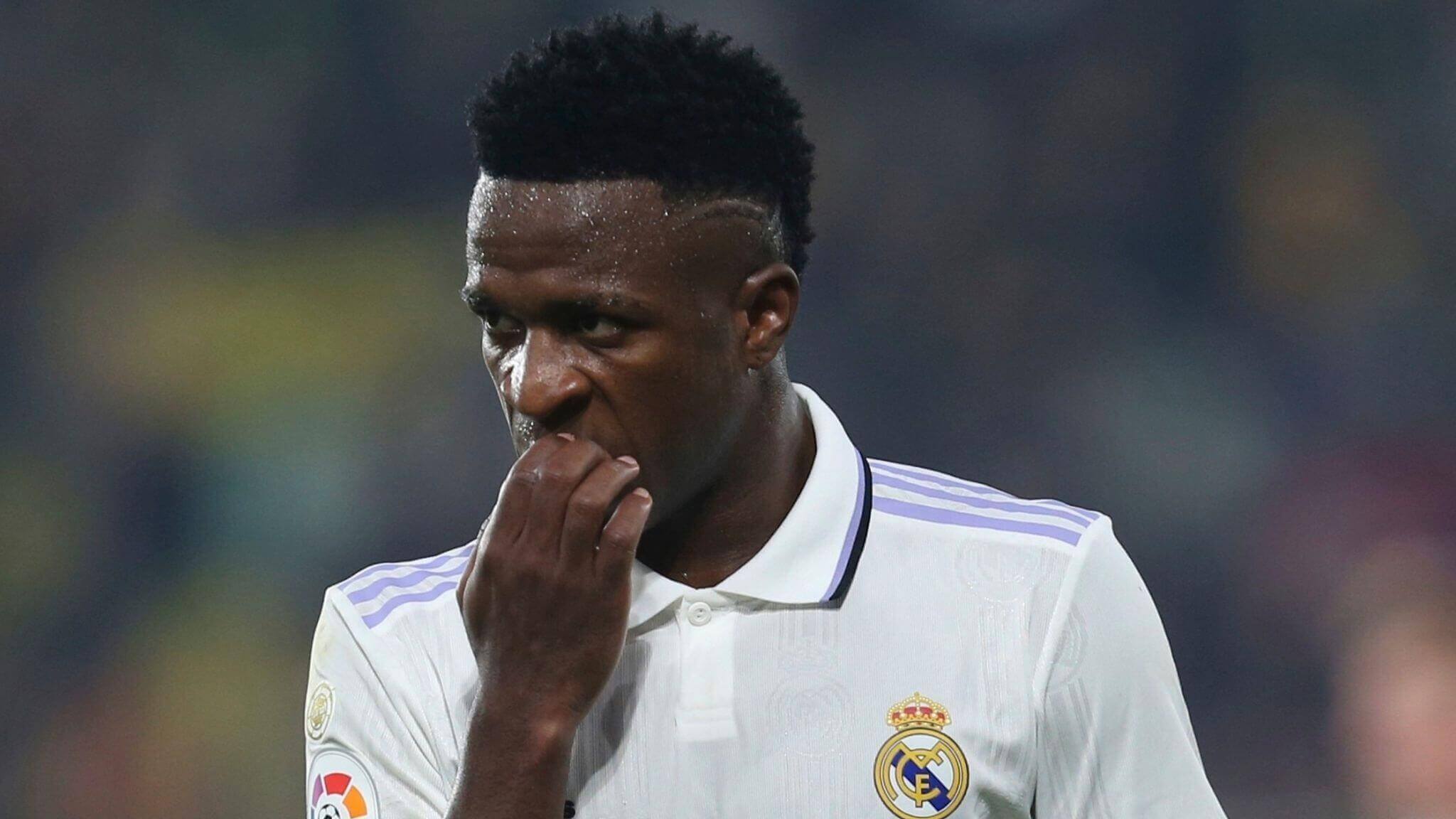
Vinicius Junior is a great winger for Real Madrid. He is young, talented, exciting and successful. Moreover, he is black and comes from Brazil. In my opinion, he is treated terribly in Spanish football and in some parts of the country. Partly because of the colour of his skin. What is happening is a disgrace, and people who are fair, decent, and honest should be outraged and protesting about it.
Last season, when he was still 21 years old, he was part of the best, most important and exciting duo in all of football. He and Karim Benzema combined to score and set up 100 goals and assists as Real Madrid won the Spanish and European titles simultaneously for the second time in 64 years. He played a huge part in this amazing achievement.
This season, Vinicius Jr was involved in 19 goals in 31 games (13 goals and 6 assists), in a team plagued by injuries. When Ballon d’Or winner Karim Benzema was out with an injury, Vinicius Jr had to take over Benzema’s duties. He’s doing a good job, even if Madrid is finding it difficult to play as consistently and strongly as they did last season.
At 22 years old, he is a winger, not a goalkeeper, not an organising midfielder, and not an experienced centre back. I say that because it’s important that you understand how important he’s become: he’s by far Madrid’s most used player this season and has played more minutes than anyone else. He has been in the starting eleven in 31 of Los Blancos’ 32 games and has played in all of them.
The European champion will play at least 25 more games this season, but could play up to 32 more. If all else remained the same, this young man with what Carlo Ancelotti calls “amazing, elite athleticism and robustness” would be in every single starting eleven XI of the Italian coach’s squad, which could be 64 games.
But if those who bully, provoke, insult and attack him here in Spain have their way, this rising star, who finished eighth in last year’s Ballon d’Or voting, will be injured or suspended for most of those games. That’s how bad people are who try to hurt Vinicius Junior .
In recent weeks, Vinicius has worked hard to play well even though almost everyone else on Ancelotti’s team has struggled for one reason or another. He’s had to watch a picture of him being hung from a bridge in Madrid, he’s had to deal with racist abuse from fans that LaLiga has confirmed in several games this season, and he’s had to deal with Valencia’s Gabriel Paulista trying to kick him in the air, which was an outrageous and unacceptable action. Vinicius is fouled more often than any other player in any of the top five European leagues. He also has to listen to or read a lot of stupid sayings from people who should know better that he, Vinicius Junior , is the problem.
If all this happened to a young, white Spaniard, I think there would be a huge outcry of horror, and everyone would agree on who is right and who is wrong. Even though I have no proof, this is my honest and firm opinion.
Mallorca isn’t the only villain in this situation, but they’re a good example of how Spain and Spanish football are letting Vinicius Junior down. Over the weekend, the winger was fouled 10 more times. In Madrid’s 1-0 defeat, opposing and home fans created a hostile environment, but not always. One of his attackers, Pablo Maffeo, tricked the referee into giving him a yellow card.
Alejandro Hernandez Hernandez, the referee, would have needed eyes in the back of his head and three or four assistants to keep track of all the tricks used to hurt, bully and annoy the young Brazilian star. Since Isco in 2013, no Madrid player has been fouled as many times every nine minutes as Vinicius at Son Moix. Ten years without such treatment.
The behaviour of most Mallorca players is sad and underhanded, because they started this growing grudge, turned it into strategic bullying, and proved that George Bernard Shaw was right when he said that wrestling with pigs is a bad idea. “Never wrestle with pigs. You’ll both get dirty, but the pigs will love it,” said the great Irish playwright.
In other words, there are some fights you shouldn’t get into, because even if you win, you always end up looking bad. That’s how it’s gone so far between Vinicius and Maffeo, Martin Valjent and Antonio Raillo, all playing for Mallorca.
This rivalry was evident in Madrid’s 3-0 win on the island in March. Referee Jose Maria Sanchez Martinez saw nothing wrong with Maffeo’s lunge with his legs outstretched and studs against Vinicius, which hit both of the winger’s legs, right shin and left knee. When Vinicius refused Maffeo’s offer to pick him up off the ground, a scuffle ensued. Valjent and Raillo both walked up to the Brazilian, poked him in the chest and told him to shut up. Maffeo grabbed Vinicius by the shirt and yelled at him for not shaking hands and complained to the referee. Vinicius was given a card for his protest, which meant that the one who had committed a nasty, deliberate flying tackle that should have resulted in a straight red card and a long suspension got off unpunished.
Since then, these and other players have been trying to make people believe that Vinicius is the problem.
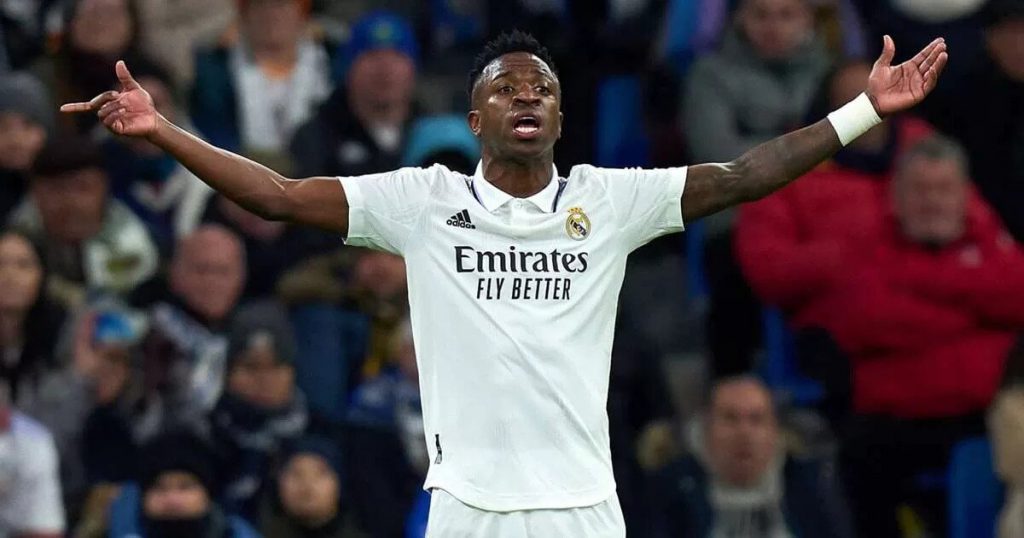
The Brazilian player has begun to defend himself against the insults they and other thugs hurl at him. He calls them names, asks the referees to protect him, and makes angry and frustrated gestures to the sky. In Paulista’s case last week, Vinicius jumped up from the ground where he had fallen and ran toward his Brazilian colleague. He almost struck, but managed to stop himself just in time.
At this point, it’s clear that Vinicius isn’t without blame. He’s now stuck in the mud.
As G.B. Shaw warned, people who want to paint the Brazilian as a “bad guy” or a “problem” can now use his aggressive response to the attacks as false evidence of his guilt, thanks to their bad behaviour and the incredibly short attention span of some media and fans. Gaslighting is underhanded and cannot be tolerated. That’s just the way it’s.
The other day, Maffeo said: “When I was in school, my teachers said I wasn’t very good at following rules. My mother told me that the teachers can’t all have it in for me, so I must be doing something wrong. I think Vinicius feels the same way. We don’t all have it in for him, we just think there must be something.”
In the days leading up to the game, Raillo said, “If I ever had to show my kid two great Madrid players, it would be [Luka] Modric or [Toni] Kroos, but never Vinicius
Last month, when Madrid overturned a 2-0 deficit to beat Villarreal 3-2 in the Copa del Rey, Vinicius scored the first goal. After the game, a short-tempered journalist asked Ancelotti, “…but with Vinicius there are always some problems…” The Italian replied, “From what I saw, his opponents kicked him a lot today, as they always do.”
Ancelotti said Sunday afternoon, “Today the referee didn’t care about the many fouls. When fouls happen over and over again, the player should be sent off. Vinicius isn’t to blame for what is happening. He just wants to play football, but his opponents make it difficult for him because they foul him. In this case, the focus on the outside world has to change. Now it’s time to find out what happened to Vinicius today
During the night, when Paulista tried to pull Vinicius’ leg away from his body, the winger’s Madrid teammates reacted in a very important way. Previously, they often left him to himself and gave him the ball as soon as the game started again, so he could hurt the people who disturbed him.
Not this time. They also know that things will soon get completely out of control.
The Valencia defender was sought by Eduardo Camavinga, Aurelien Tchouameni, Dani Ceballos and even an injured Eder Militao. It was a clear and threatening “all for one and one for all” moment that should send a message to all future rivals: If you come for him, we’ll come for you.
Nacho’s message after the defeat in Mallorca was more moderate, like Ancelotti’s. He said, “I think people are creating a bad environment for Vinicius, which doesn’t help anyone, least of all him. We all love football, so let’s stop being so stupid”
A wise theme that is both balanced and hopeful.
Worryingly, vengeful opponents have noticed that Vinicius is often prepared for four fights at the start of every game: against his teammate, against the other team, against the referee and against the fans. This is because he’s drawn into a well-planned and malicious campaign to “hunt Vinicius down and then gas him.” He’ll eventually be distracted from his main goal, which is to win games. In the end, he’ll take out his frustration and anger on himself and be sent away. Eventually, the circus will get even bigger.
Can’t Maffeo, Valjent, Raillo, Paulista and people like them realise that their actions give racists a reason to do things like call Vinicius racist names on Sunday and hang the effigy on a bridge before the Madrid derby last month?
The way Vinicius is being treated is a big, ugly and increasingly bad problem for Spanish football. It’s time for everyone who sees things as they really are to keep raising their voices until this brilliant artist can do his work without being treated badly because of who he’s or the colour of his skin.
Football
Luis Rubiales FIFA Ban: Three-Year Prohibition by FIFA
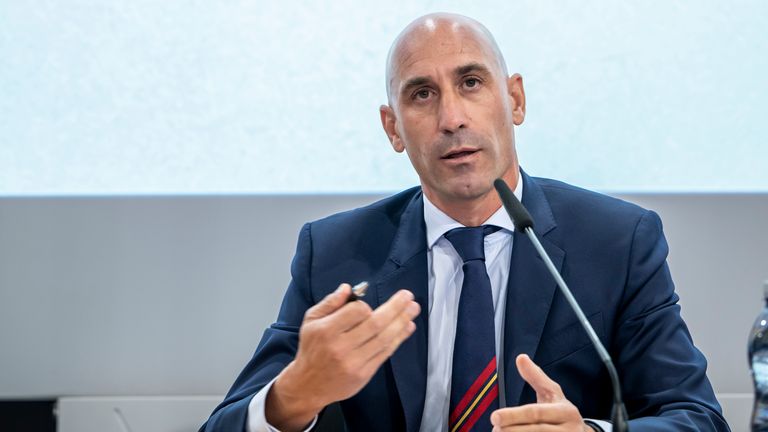
The global governing body of football, FIFA, delivered a strong message on Monday as it issued the Luis Rubiales FIFA ban, prohibiting former Spanish football federation chief Luis Rubiales from all activities related to the sport for a period of three years. This consequential decision comes in the wake of a controversy that emerged during the Women’s World Cup earlier this year. Reports revealed that Rubiales was found guilty of gross misconduct, specifically for an incident that overshadowed Spain’s victory at the World Cup trophy ceremony in Sydney.
The Controversial Incident
A disciplinary committee was promptly assembled to investigate the disturbing incident, yet the specifics of the verdict have not been disclosed to the public. Rubiales faced severe charges related to what FIFA described as a violation of the “basic rules of decent conduct” and “behaving in a way that brings the sport of football and/or FIFA into disrepute.” The episode in question pertains to an incident where Rubiales forcibly kissed a Spanish player on the lips during the trophy ceremony, tainting what should have been a moment of triumph for the nation’s football team.
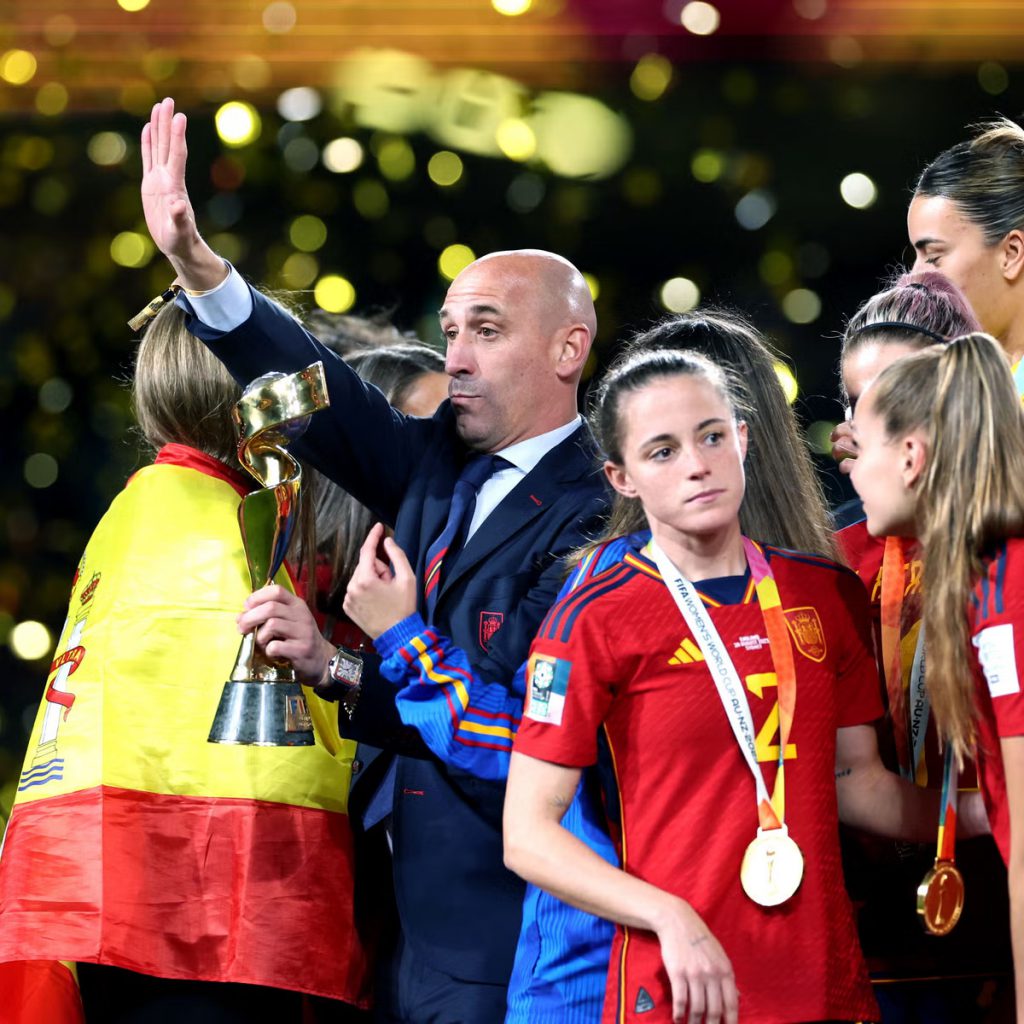
Misconduct and Resignation
The aftermath of the incident was marked by Rubiales’s initial defiance and refusal to acknowledge any wrongdoing, leading to a prolonged period of controversy. However, mounting pressure from various quarters, including the Spanish government and the national team players, eventually forced Rubiales to resign from his esteemed position within the Spanish football hierarchy. The incident not only tarnished Rubiales’s reputation but also cast a shadow over the accomplishments of the national team.
Ban and Appeal
While the FIFA ban on Luis Rubiales has been imposed for a duration of three years, Rubiales still has the option to contest the verdict. FIFA has granted him a window of ten days to request a review of the decision, following which he can file an appeal with the governing body. It remains to be seen how Rubiales will proceed in light of this substantial ban.
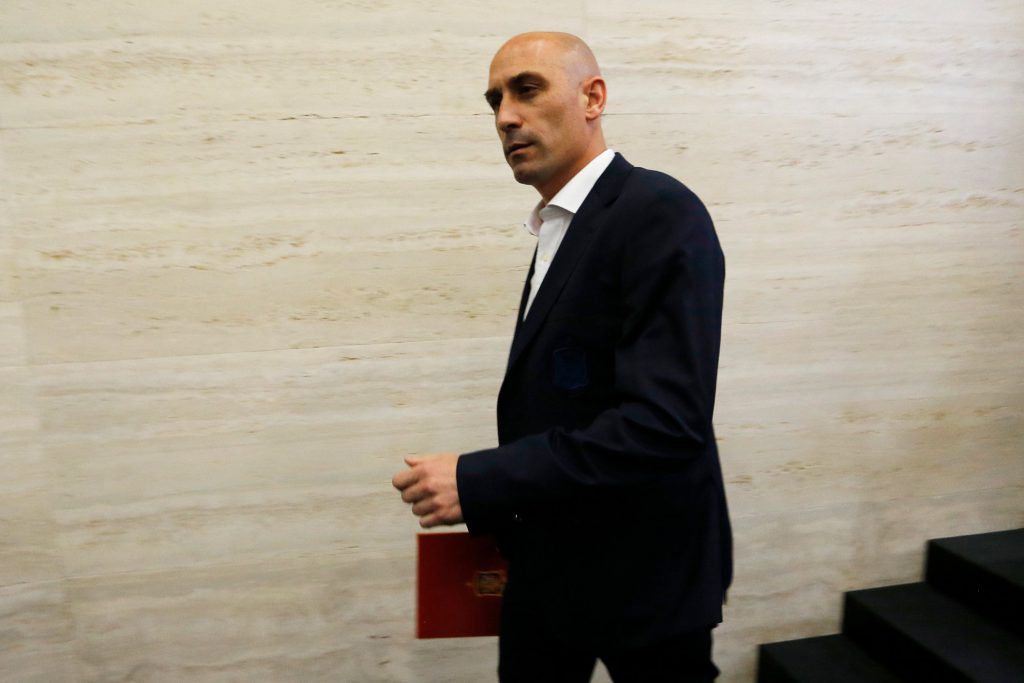
The Response and Controversy
Despite facing widespread backlash, Rubiales has garnered some support, notably from his mother, Angeles Bejar. In a bold demonstration of solidarity, she initiated a hunger strike to protest what she described as “the inhumane and bloody hunt” against her son. While some may sympathize with Rubiales, the gravity of the incident and the subsequent ban imposed by FIFA underscore the importance of maintaining integrity and respect within the world of professional sports.
In conclusion, FIFA’s decisive action against Luis Rubiales serves as a reminder that no individual, regardless of their position, is above the fundamental values of respect and sportsmanship that form the bedrock of football’s global community. As the sport continues to evolve, the need for upholding ethical standards remains paramount, ensuring that the spirit of fair play and camaraderie endures for generations to come.
Football
Rubiales Scandal: Soccer’s Integrity Unveiled
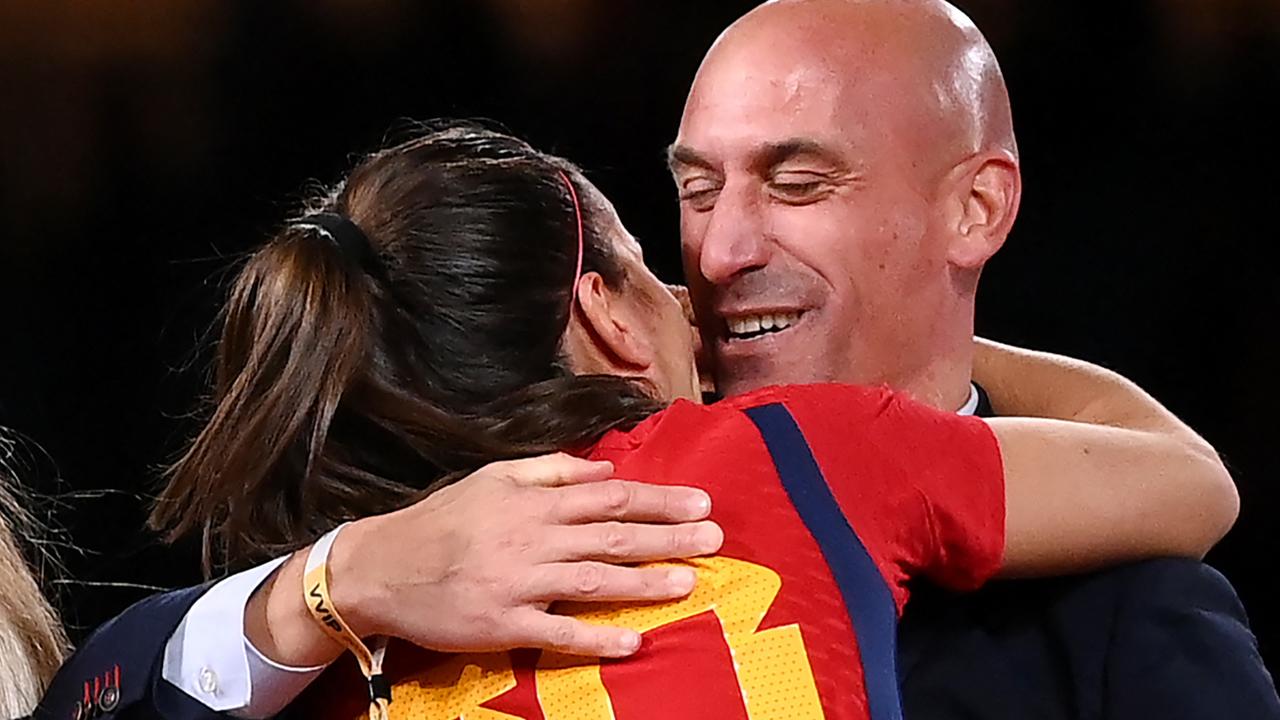
Exploring the Rubiales Scandal and Its Implications
In the world of soccer, where triumphs and controversies intertwine, the recent incident involving the president of the Spanish soccer federation, Luis Rubiales, has ignited a fiery debate. Reports from Spanish media suggest that Rubiales might resign from his position after five years of leading the body. The controversy stems from an episode where he kissed a player during a celebration and his subsequent actions during a significant match. This article delves into the details of the incident, the potential repercussions, and the broader implications for both Rubiales and the soccer community.
The Kiss that Stirred Controversy
The Spanish soccer federation president found himself in hot water due to an unexpected gesture. Following Spain’s victory in the Women’s World Cup final, Rubiales kissed player Jenni Hermoso on the lips during the trophy and medal ceremony. This gesture, intended to be celebratory, quickly became the center of attention and sparked a wave of discussions.
The incident prompted FIFA, the global governing body of soccer, to intervene. FIFA’s disciplinary committee initiated an inquiry to determine whether Rubiales’ actions violated the organization’s code of conduct and brought the sport and FIFA into disrepute. The core issue here is whether Rubiales’ behavior aligns with the principles of decency expected from a soccer official.
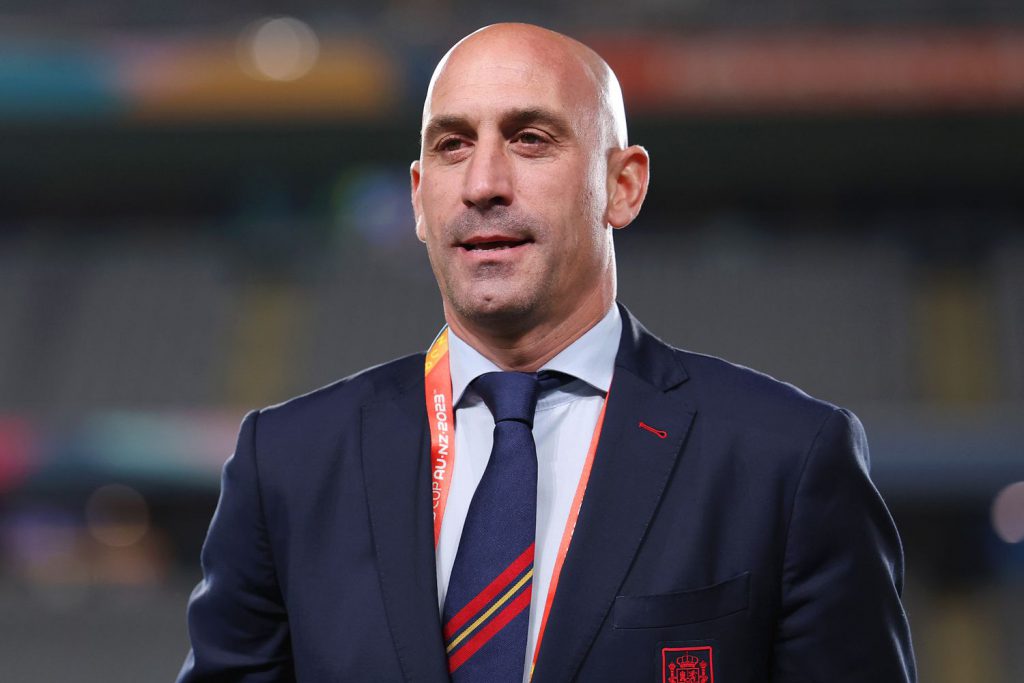
Amidst the uproar, reports surfaced indicating that Rubiales might step down from his role as the president of the Spanish soccer federation. The speculation has fueled further debates about whether resignation is an appropriate response to the controversy. If Rubiales indeed resigns, it would mark the end of his five-year tenure at the helm of the organization.The incident has drawn mixed reactions from both the public and the players. While some view the kiss as a harmless expression of celebration, others see it as an inappropriate breach of professional boundaries. Player Jenni Hermoso expressed discomfort with the kiss, and the national players’ union, once led by Rubiales, called for accountability regarding his actions.
FIFA issued a statement reaffirming its commitment to upholding the integrity of all individuals associated with the sport. The organization condemned any behavior that contradicts this commitment. While FIFA did not specify the exact acts under investigation, their emphasis on maintaining the sport’s reputation is clear.
Beyond the kiss, Rubiales’ conduct during the match drew attention. He was seen making a gesture by grabbing his crotch as a victory celebration. This action further added to the controversy, raising questions about appropriate behavior for a soccer official, especially in the presence of dignitaries.
The FIFA disciplinary panel has the authority to impose various sanctions on individuals found in violation of its code of conduct. These sanctions can range from warnings and fines to suspensions from soccer-related activities. The severity of the punishment will depend on the outcome of the investigation and the panel’s assessment of the situation.
Luis Rubiales holds the position of vice president at UEFA, the governing body for soccer in Europe. This role carries both prestige and responsibilities. The controversy has yet to garner a response from UEFA president Aleksander Čeferin, leaving the soccer community curious about the organization’s stance on the issue.
Rubiales is currently spearheading a bid to host the men’s World Cup in 2030, a joint effort involving Spain, Portugal, Morocco, and possibly Ukraine. However, his involvement in the Rubiales Scandal has raised concerns about the bid’s viability and the image projected to potential supporters.
The incident has wider implications for both the Spanish soccer federation and the broader soccer landscape. It highlights the importance of maintaining professionalism and ethical conduct within the sport’s leadership. The outcome of this controversy could set a precedent for addressing similar situations in the future.
As the Spanish soccer federation holds an emergency meeting to address the situation, the soccer community awaits a decision. The meeting’s outcome will not only impact Rubiales’ future but also shape the federation’s trajectory. The controversies surrounding this incident underscore the need for open discussions about behavior expectations and consequences.
The Rubiales Scandal serves as a reminder that even in the world of sports, actions can have far-reaching consequences. The incident involving the kiss and subsequent gestures has ignited discussions about leadership, professionalism, and the image projected by soccer officials. As FIFA investigates the matter, the soccer community anticipates the outcome and the potential shifts it may bring.
Football
Vlahovic Double Helps Juventus beat Salernitana 3-0.
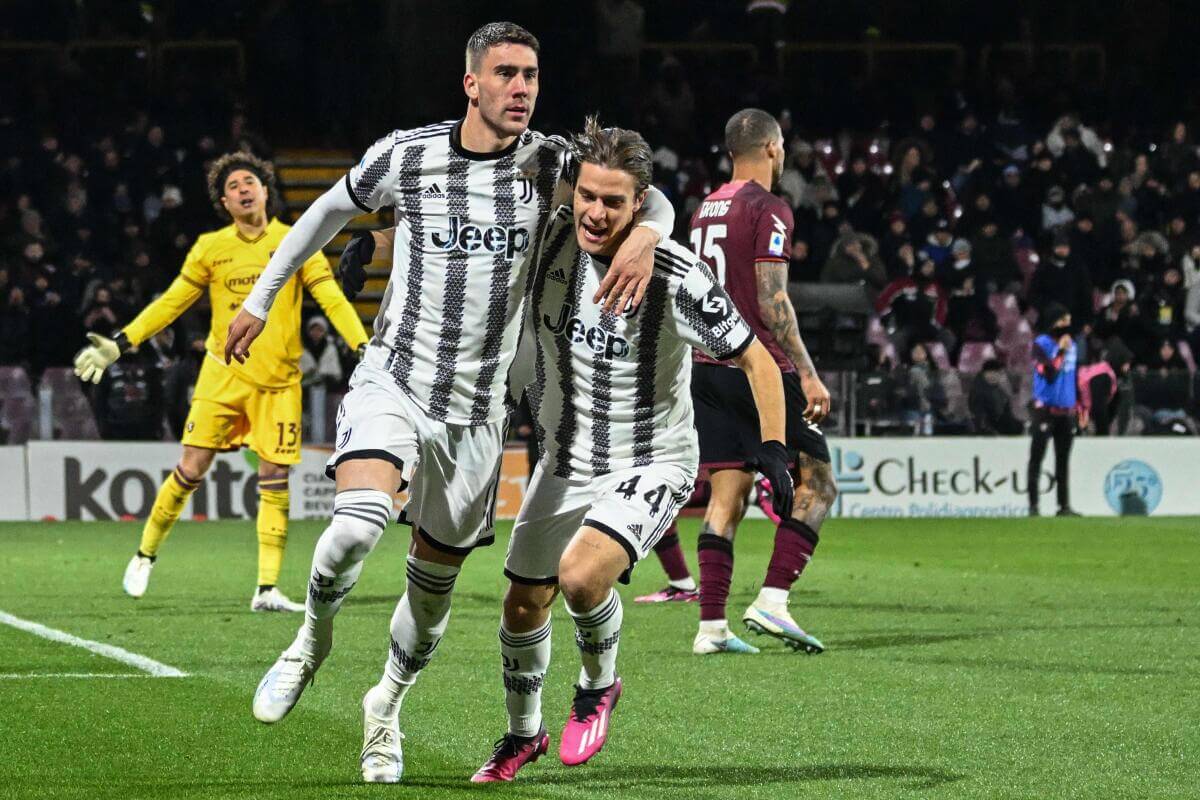
Juventus beat Salernitana 3-0 in Serie A on Tuesday, with striker Dusan Vlahovic scoring two goals and setting up another to lift the visitors to 10th in the table.
Vlahovic, a Serb who has been injured a lot this season but played in the league for the first time since October, found his old form again in this match.
Hans Nicolussi gave Juventus a penalty kick when he sent Manuel Locatelli off in the 26th minute. Vlahovic converted the penalty.
Vlahovic almost scored a second goal in the 37th minute, but his shot from the edge of the box from an acute angle went just past the post.
At the end of the first half, Filip Kostic made it 2-0 when he tapped the ball in from close range after Vlahovic’s initial shot had bounced into his path.
In the last seconds before the halftime break, Locatelli ran into the penalty area unchallenged and gave Juventus a chance to score a third goal. However, Salernitana goalkeeper Guillermo Ochoa reacted quickly to prevent Locatelli from lobbing the ball over him.
80 seconds into the second half, Vlahovic scored his second goal when he ran through the penalty area and shot the ball flat into the right corner.
In the 51st minute, Junior Zambia hit a cross that reached almost everyone in the box, but Salernitana striker Boulaye Dia could not stretch far enough to put the ball in the open net.
“The team responded well and we played a good first half. But after taking a 3-0 lead, we got a little too comfortable and allowed too many shots on goal. We did not move enough and stayed in the same places, and the players know we have to do better,” Allegri said.
“In the first 10 minutes we played the ball too often down the right side. We need to improve the passing game, become more supple and keep things simple.”
Angel Di Maria hit the crossbar after 53 minutes and Moise Kean hit the post just before the end of the game, preventing Juve from adding to their tally.
The win moved Juventus to 26 points after 21 games, while Salernitana dropped to 21 points and 16th place.

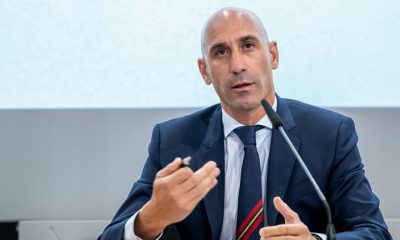

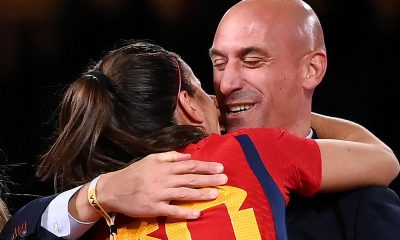



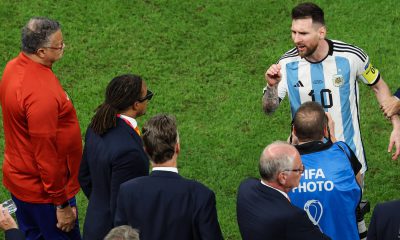

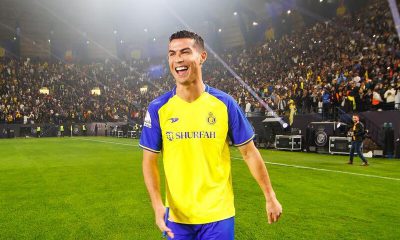

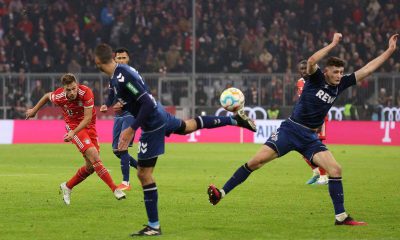







You must be logged in to post a comment Login